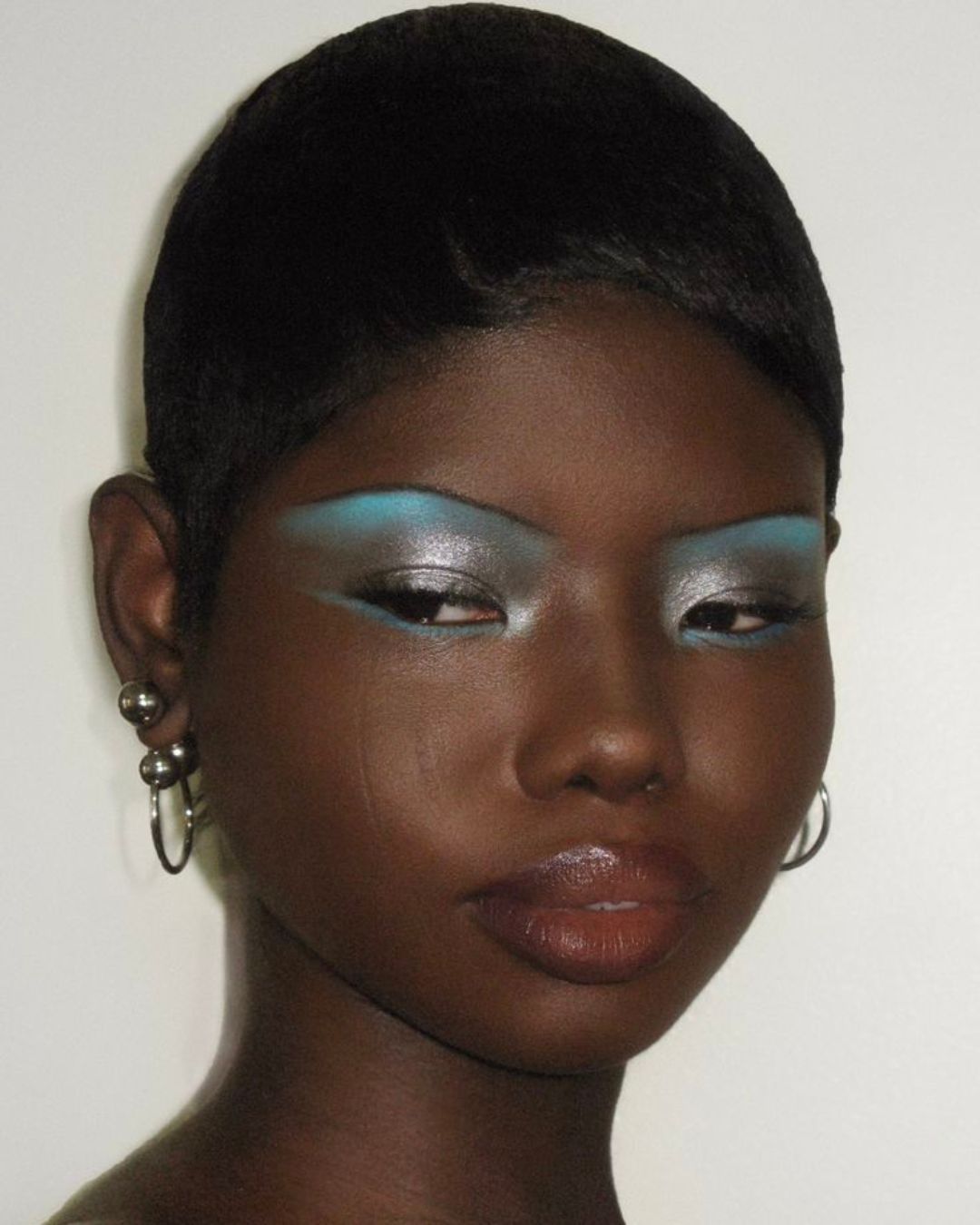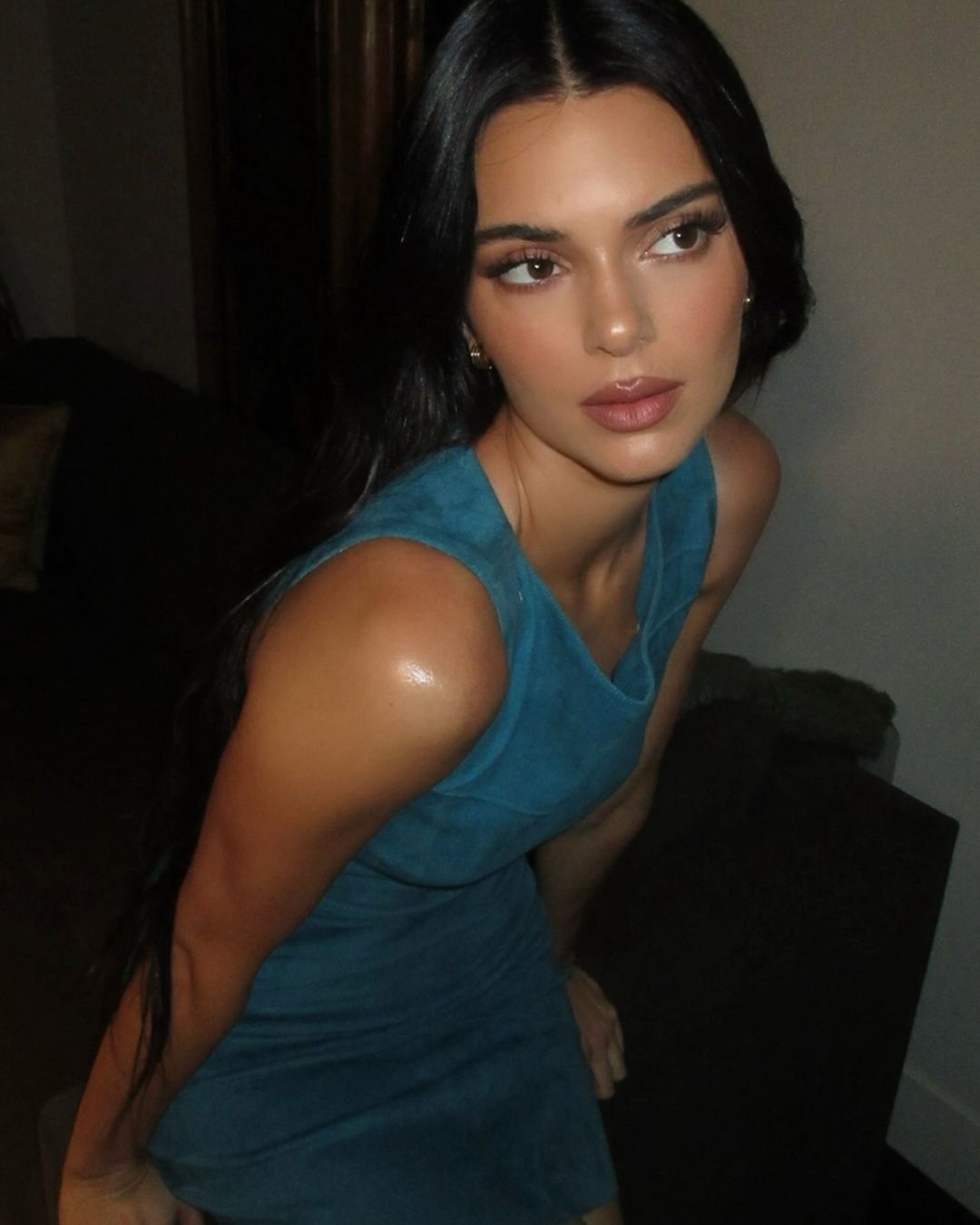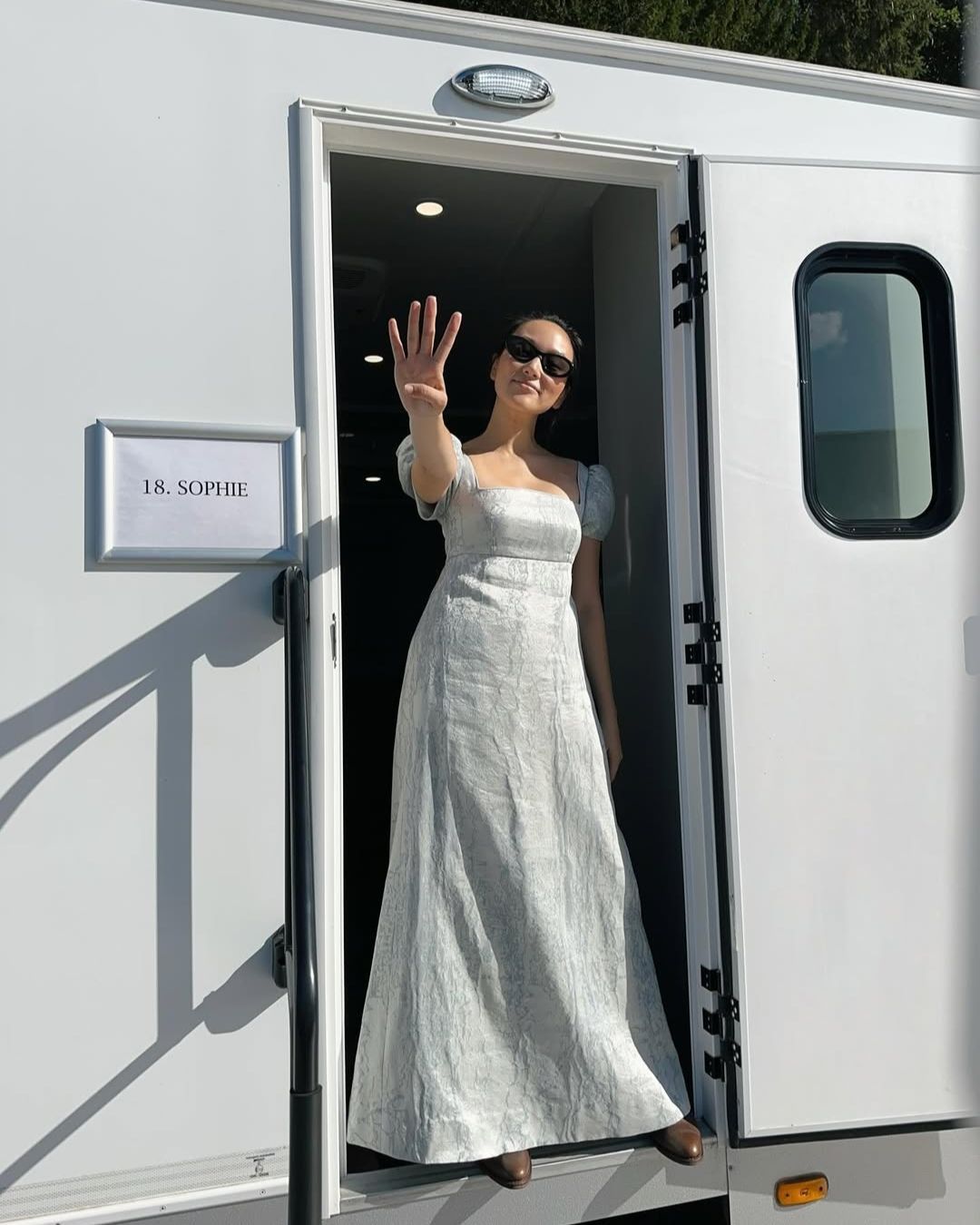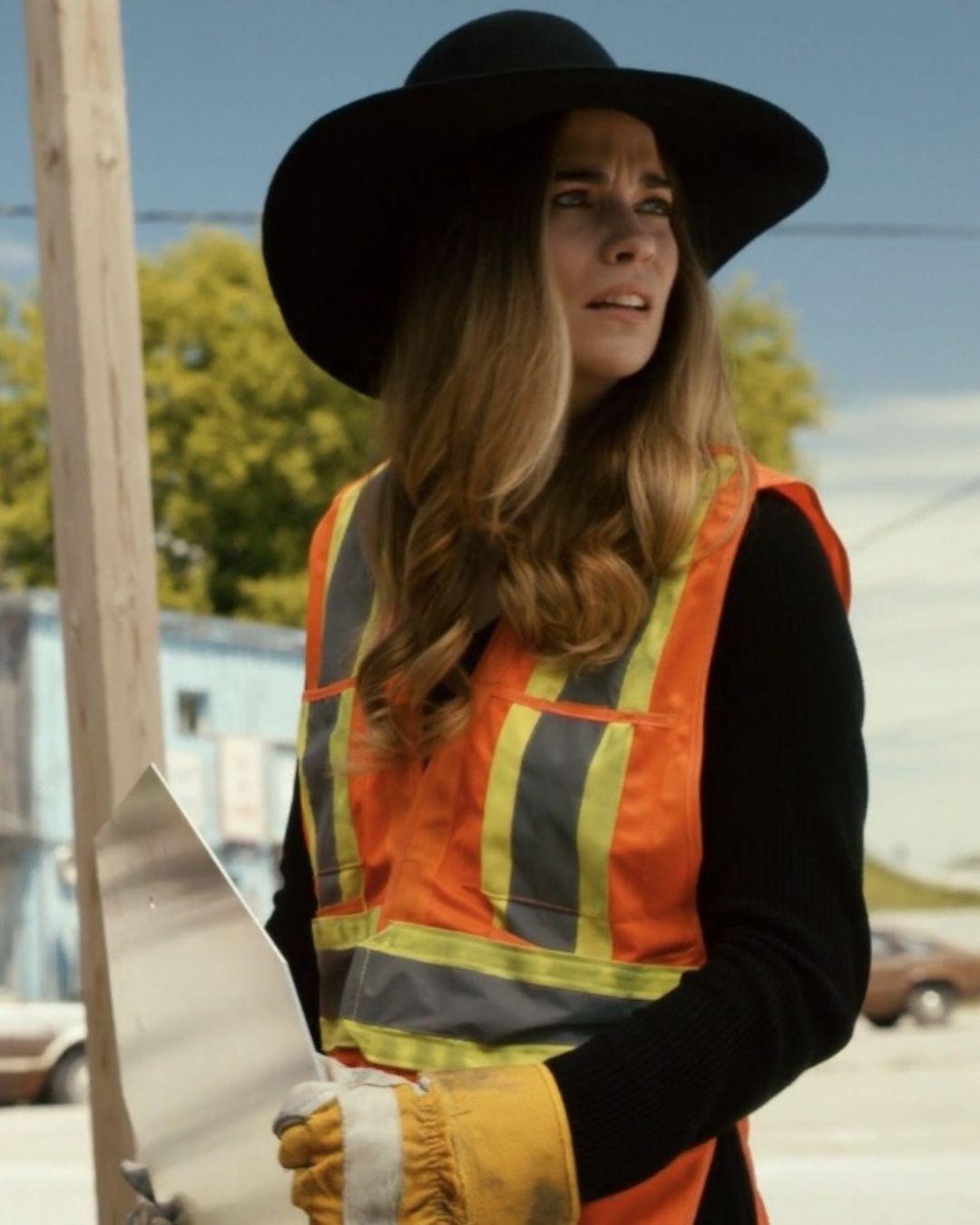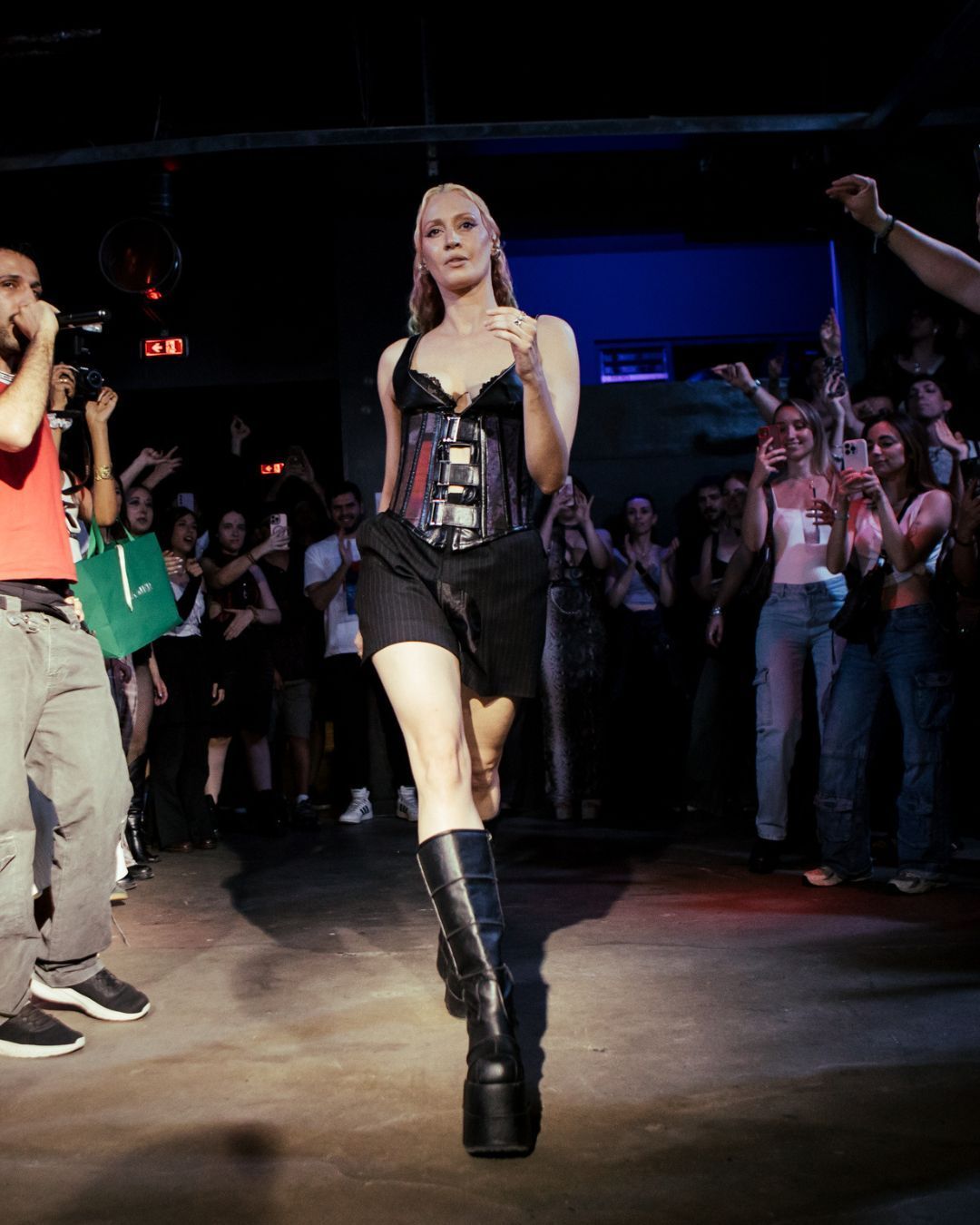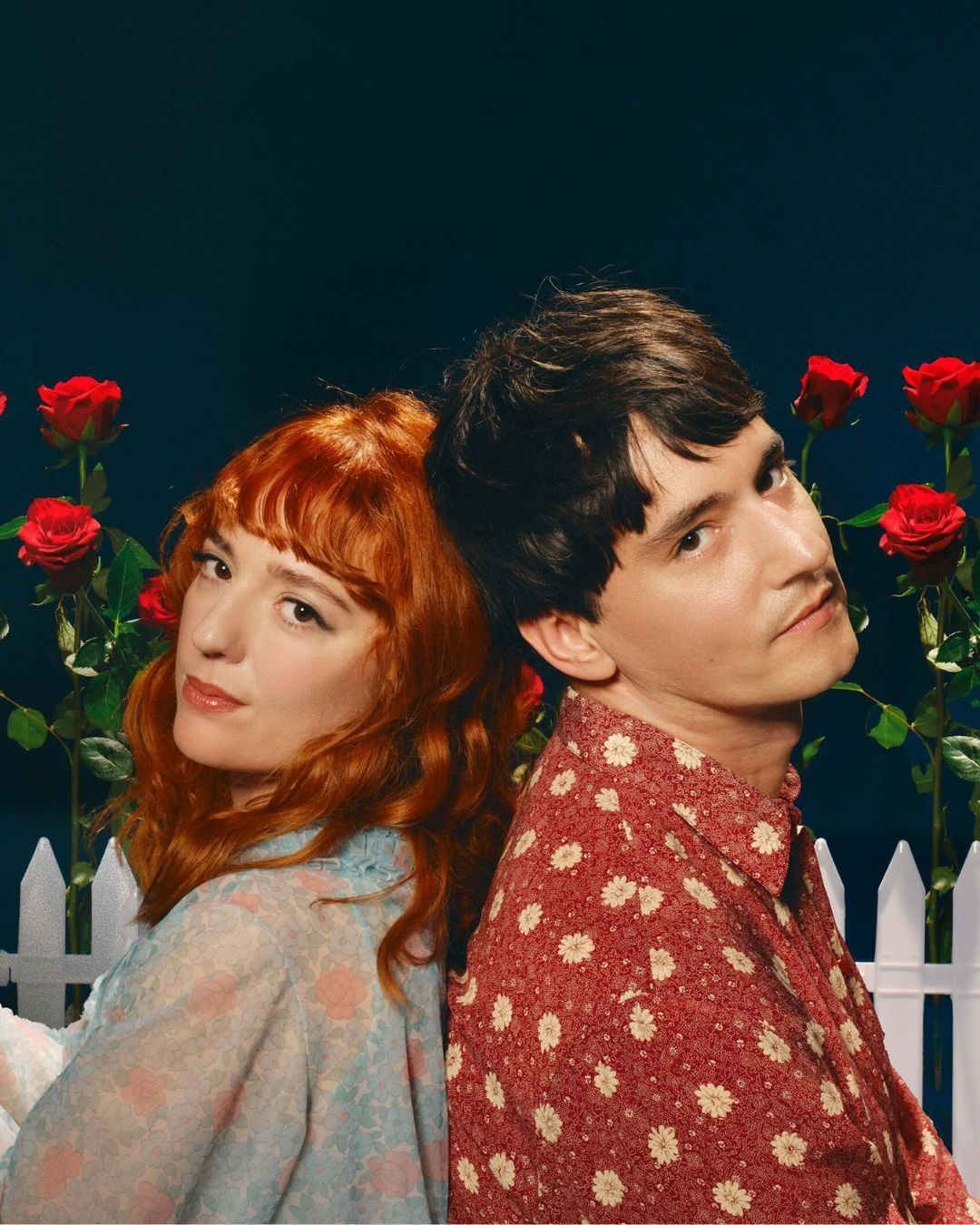
Luzai: "For me, making music is a political act" Interview with the singer of "Estranea"
If you haven’t heard of her yet, it’s time to catch up. Luzai is a rising artist who recently announced her debut EP with Asian Fake, titled "Estranea", now available on all digital platforms. Young, ambitious, and with a clear vision, Luzai wants to make us dance while transporting us to a new dimension, without ever forgetting her personal experiences and the world around her. We asked her to tell us what this EP means to her, starting with the title.
Interview with Luzai
"Estranea" is the title of your debut EP for Asian Fake. What does this word mean to you? Is it in some way a reclamation?
Yes, "Estranea" is a title that came to me after some time. At first, I struggled to name the work, maybe because it wasn’t complete yet, and I was already trying to define it. But that would’ve been impossible: the elements needed to understand what I was really expressing were still missing. Often, at least for me, the deeper meaning of a work only becomes clear after it's created. "Estranea" is a word I wanted to flip. It’s a term that over the years others have imposed on me. Using it as the title was a way to take it back, to give it a meaning of my own. This EP doesn’t speak directly about estrangement, but it does tell my experience as a Black Italian woman. It talks about lived hardships, identity fractures, and the lack of formal recognition, because today it’s not just about cultural belonging, it’s about real rights. Each track holds a fragment of that story: not an explanation, but an emotional and physical account of what I’ve lived through. "Estranea" was the perfect title: it captures all of that.
Your project blends electronics, identity, desire, and resistance. How did you find that balance between sound and political content?
It wasn’t something premeditated. I think it came from a deep need that I’ve always carried within me, because it’s part of my experience. Meeting Federico Dragogna, who joined the project in the final writing phase, was important. He listened, helped me open up. The knots surfaced naturally. When we first met, I already had the lyrics ready—the five tracks that would become the EP. But some things were still being said in a whisper. So, we started digging into those living words I had been holding onto for a long time. That political content was already there; I just hadn’t recognized it as such or hadn’t had the strength to bring it out like this until then. It was hidden in my thoughts, in notes written on trams and late at night. For me, making music is a political act. Existing in my body is a political act. And I believe electronic music is political in a very particular way. That’s also why I was drawn to this sound and started producing. It’s a language born at the margins, like me, from communities that have always had to claim space and visibility. Think about Detroit techno, for example. Everything is already there: urgency, resistance, utopia. Electronic music is body, it’s movement, but also dissent, possibility, transformation. In this project, I felt free to merge dance, body, and desire with a message that feels necessary to me. It was an act of truth.
The track "Notte" is an electronic meditation and an ode to transformation. What does darkness represent for you in this song and your personal journey?
"Notte" is a song that speaks to my younger self. It tells her that, even if she doesn’t know it yet, one day she’ll understand what she’s capable of. It’s like my future self going back, in the middle of the night, to reassure her, to show her who she truly is. There’s a line in the song that’s central for me: "I’d come back in the dead of night to show you who you are." It’s a promise of light and an act of care. For a long time, I felt excluded, invisible. And when that feeling stays with you for so long, it makes you question even your own potential. "Notte" is my way of answering that inner voice that for years doubted my worth. It’s a gesture of love toward my inner child, toward that part of me who walked through darkness not knowing if there would be a dawn. The darkness, in this track and in my journey, represents exactly those moments: the times I sweat, fought, stayed silent. And I don’t just mean metaphorically. The lives of people with migrant backgrounds in Italy are often more complex. I’m talking about tangible absences: denied rights, ungranted citizenship, silent exclusions that begin at school and continue into adulthood. I think of turning eighteen, which should be an important milestone, a time to raise your voice, even just by voting. But for some, that right is not a given. Bureaucracy, waiting, the constant feeling of being "guests" in a home that’s also yours. All this leaves marks. "Notte" is a meditation on all of that. It’s my way of embracing the dark, acknowledging it, and transforming it. Not to erase it.
You’ve described your body as a narrative medium and political space. How important is physicality in your music and live shows?
Physicality is central to me. I’m a deeply creative person, and that creativity expresses itself in many ways: in music, of course, but also in dance, writing, and fashion. My body is a tool through which I can make all these dimensions interact. That’s why integrating my passions into my project feels natural, almost inevitable. During live shows, the body becomes a vehicle for connection. For me, the live moment is a space of coincidence, of meeting those who listen. Sometimes you play for people who know you, other times for those who don’t. In both cases, I feel the need to connect directly, authentically. I often seek eye contact with the audience, I get close, because it makes me feel more at ease, more present. It’s a way to break down distance and remind everyone that we’re all sharing the same space, even if just for thirty minutes.
Your EP also touches on fragmented identities and family memory. How has growing up in Italy as the child of immigrants shaped your musical language?
Growing up in Italy as the child of immigrants has deeply shaped my musical language. It did so naturally, because when I write, I speak from my life: I couldn’t do otherwise. I tell my experiences, identity fractures, family memories, the tensions of living between different forms of belonging. Sonically, I want to dare more, to explore dimensions that better express my background. It’s something I feel inside, but I want to approach it with care, with mindful research. I know I want to return to Cameroon very soon. Not just to search, but to truly find sounds, stories, and energies that belong to my roots, and understand how they can enter my musical language in a way that feels true. I don’t yet know what will come of it, but I know it will be an important step.
From MI AMI to Live Rock Festival, you’re touring across Italy. What kind of experience do you want to give your audience at live shows?
I want my live shows to be a safe, queer, Black, expansive space, a place where identities aren’t just defended but celebrated. Where the energy is gentle yet powerful.
Who or what inspires you? Are there figures, musical or otherwise, that helped shape your voice and aesthetic?
Definitely. One of the most important figures for me has been Arca. Beyond being a revolutionary in every way, she was almost like an artistic mother to me. One of the first people from whom I saw complete freedom, from music production to the stage. But maybe it’s a kind of freedom that goes beyond music: it’s body, vision, transformation. Then there’s Eartheater, Saya Gray, Rosalía. FKA twigs has also been a huge inspiration, not only aesthetically but musically too. I love her courage, her ability to experiment without conforming, to stay outside the box while remaining deeply authentic. Sevdaliza is another artist I feel very close to. I’ve always connected with her storytelling, the political strength of her message, her intensity. I find her truly iconic. And then there’s Doechii, who actually doesn’t sound anything like me, but she’s been incredible. The way she shared her experience through journaling on YouTube touched me deeply. I find her an extraordinary woman. Over the past year, she’s given me so much strength and confidence, just through her way of being and storytelling.




















